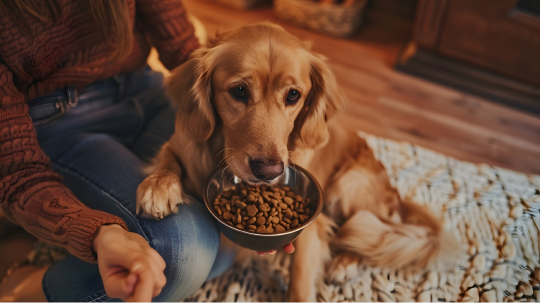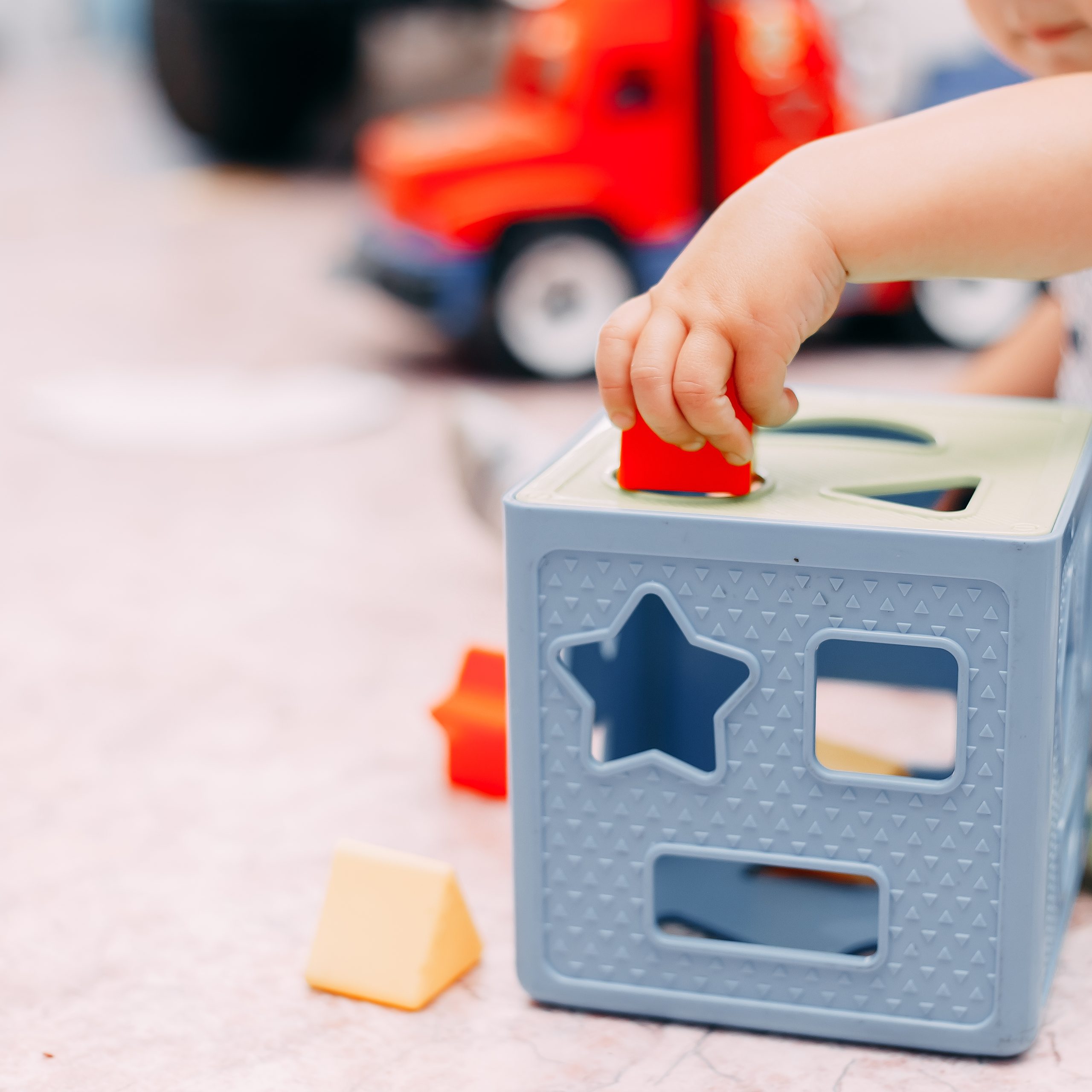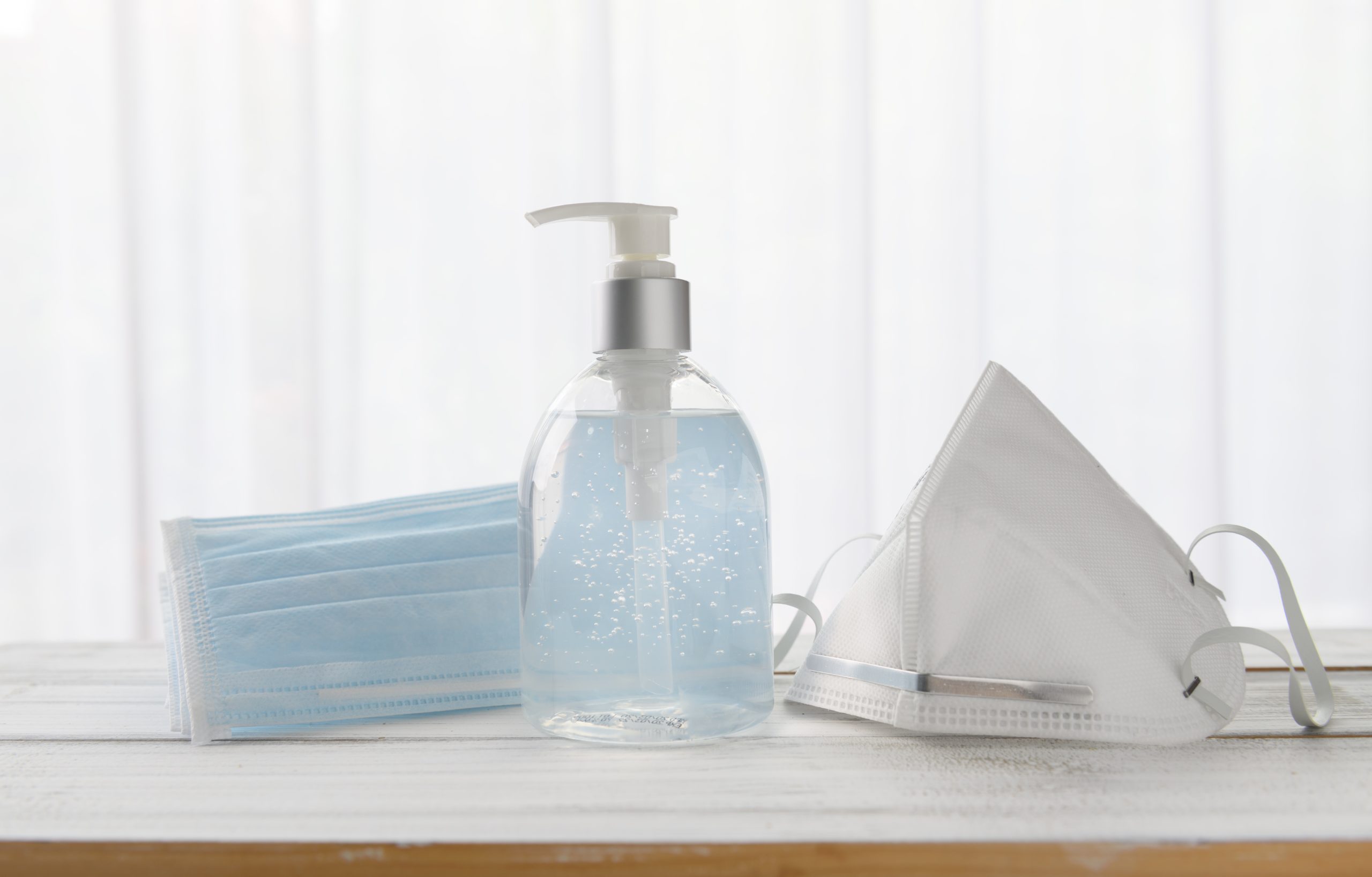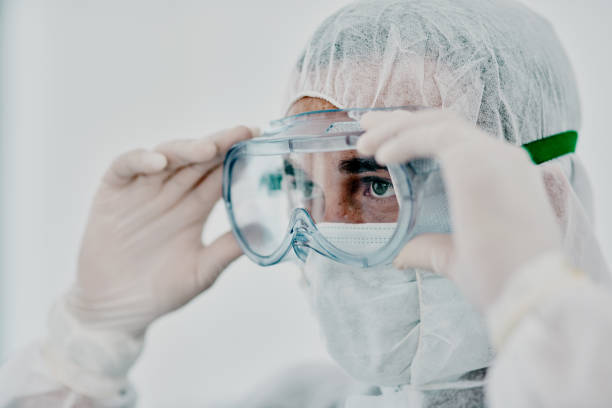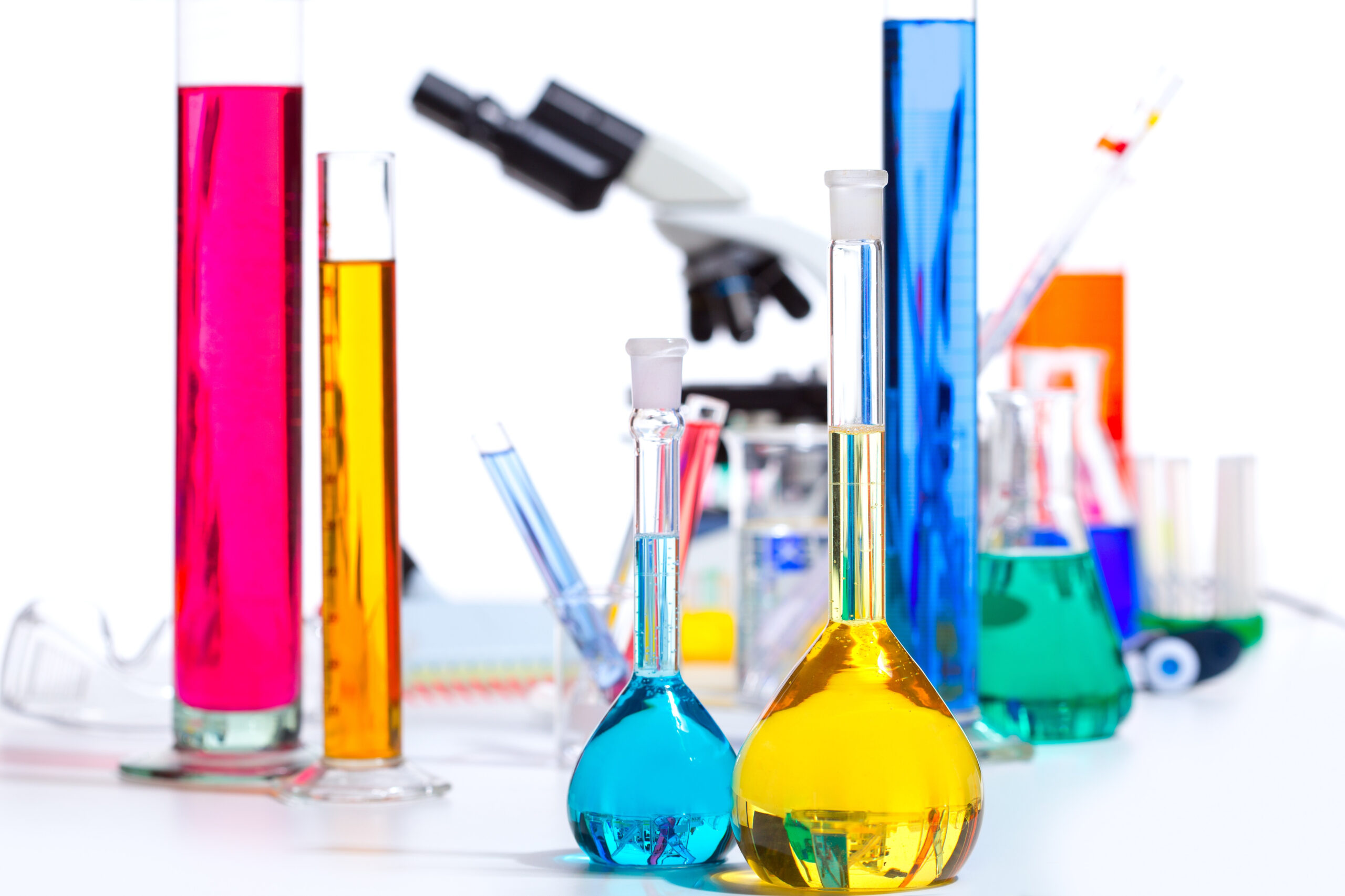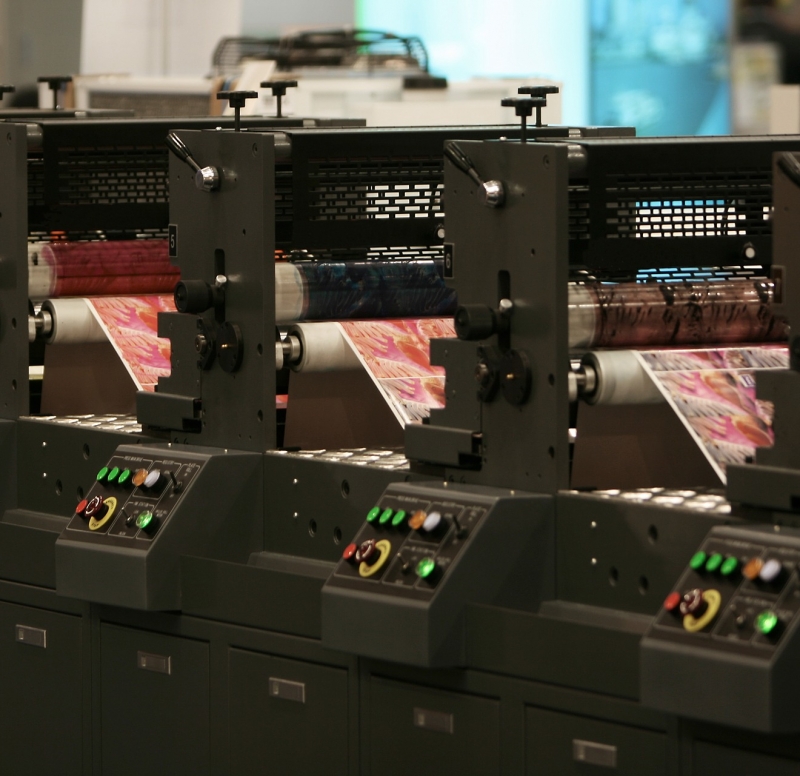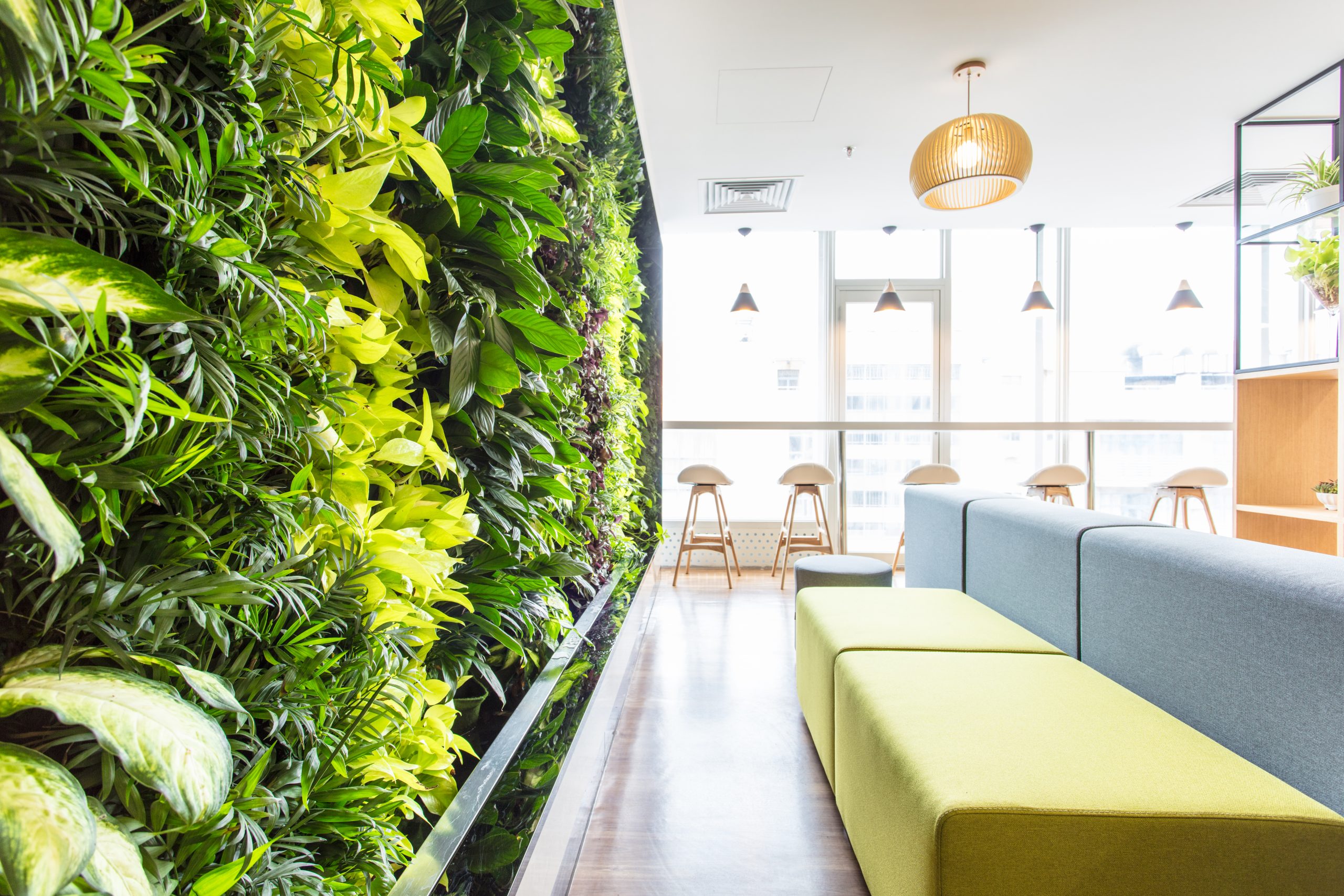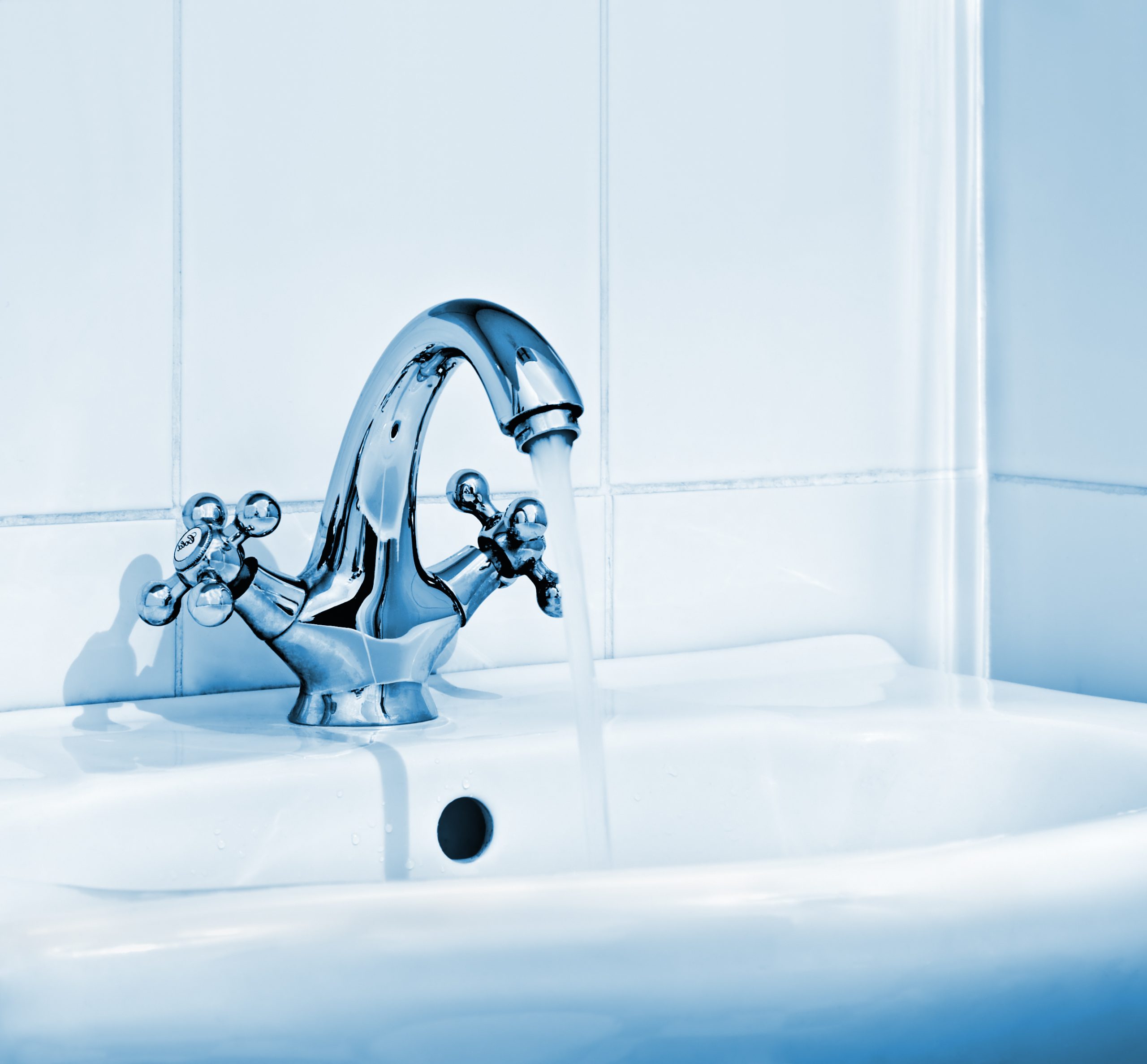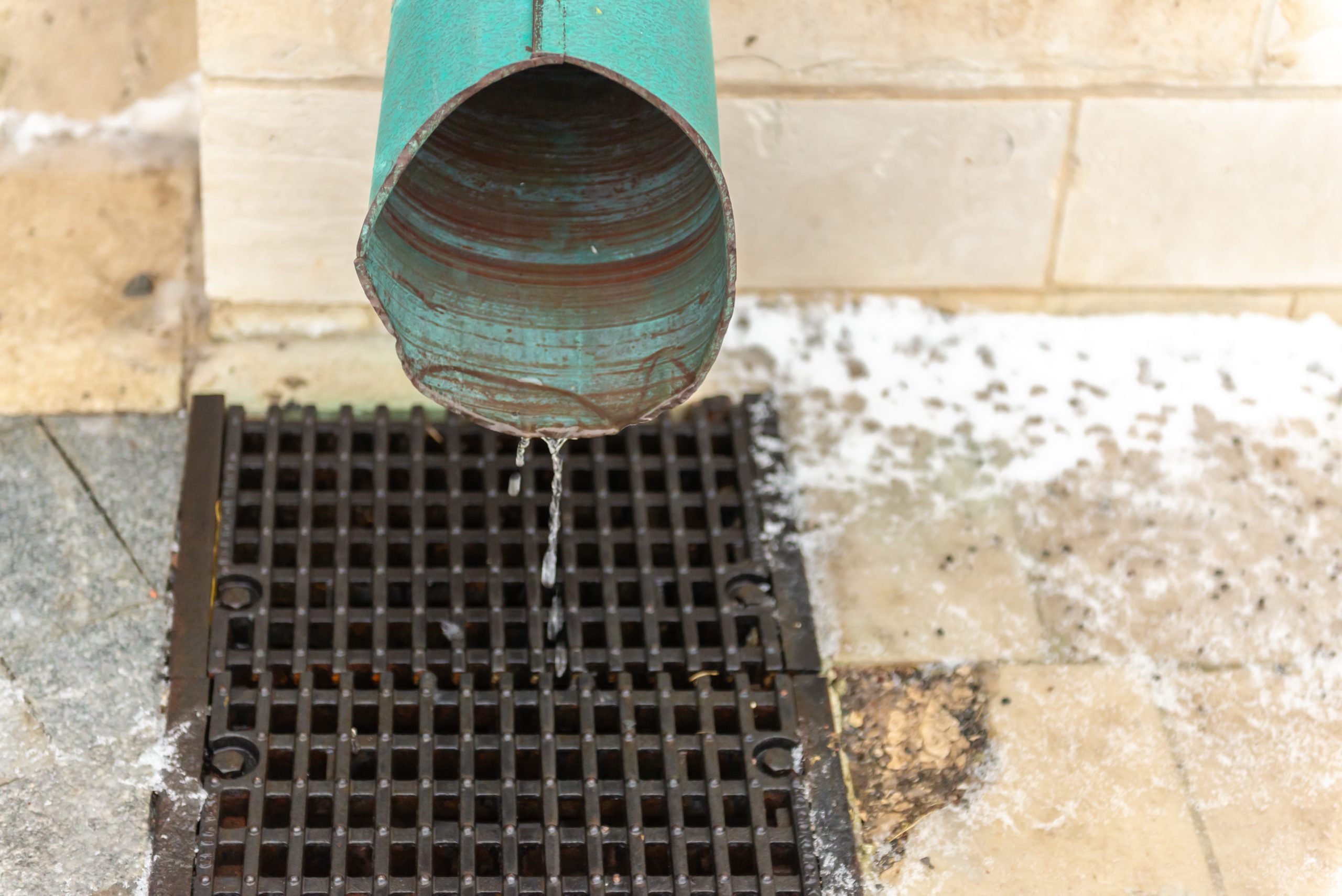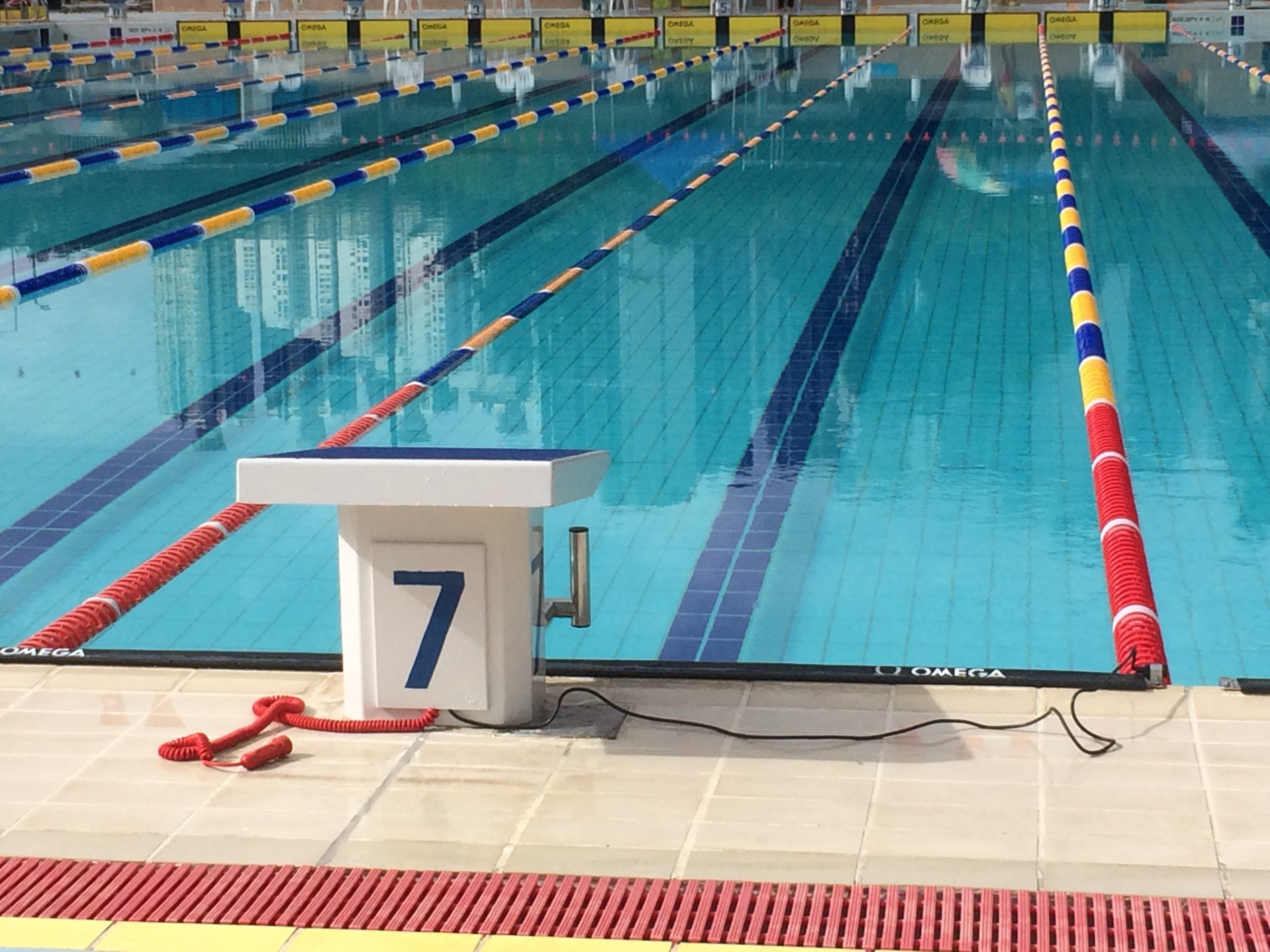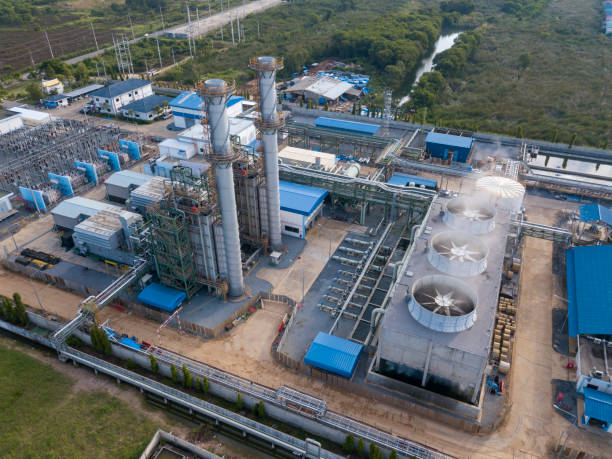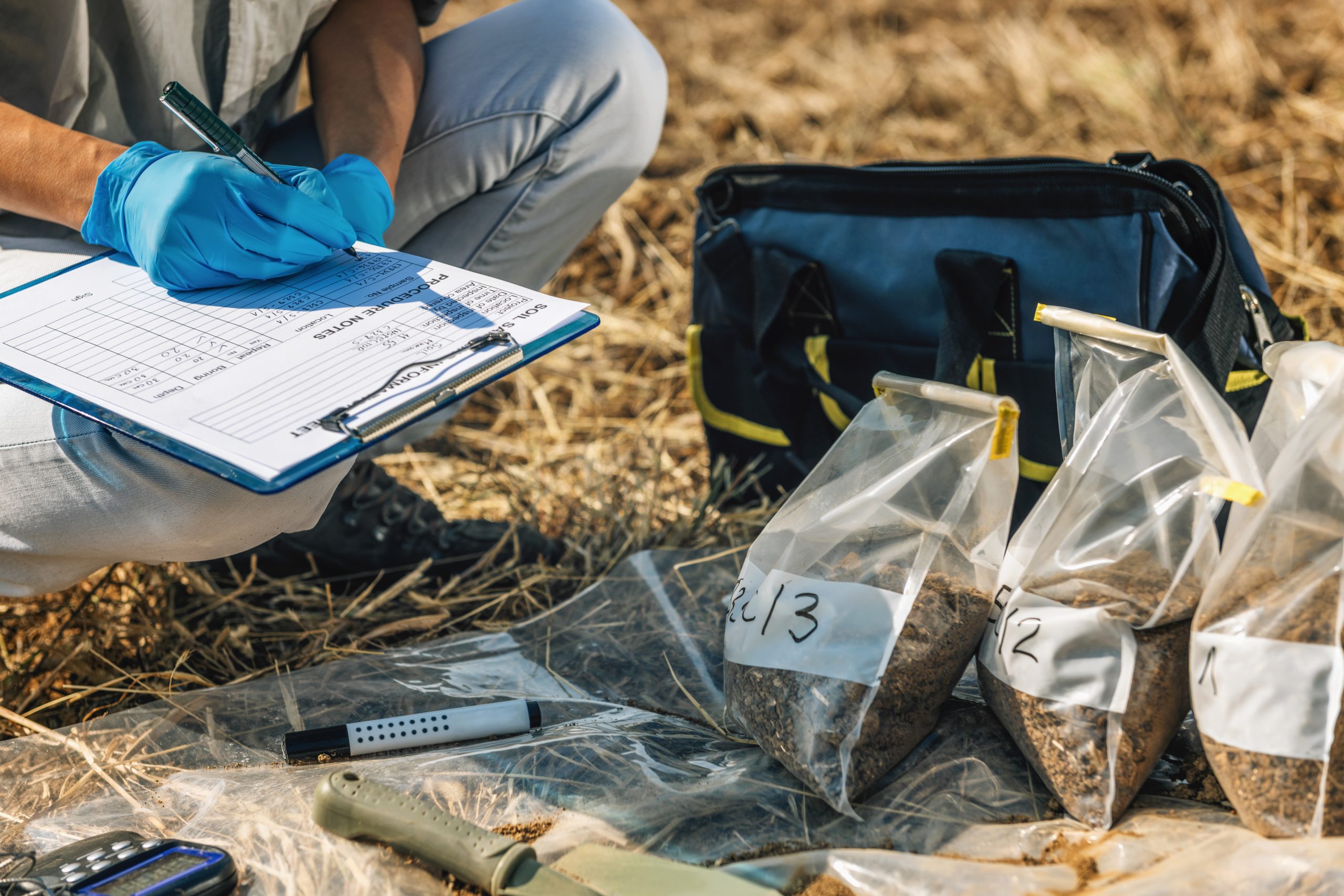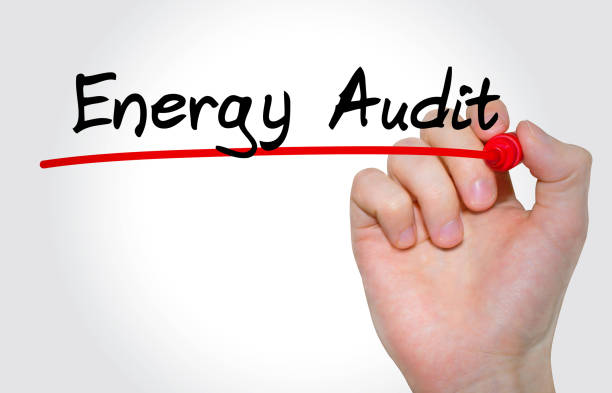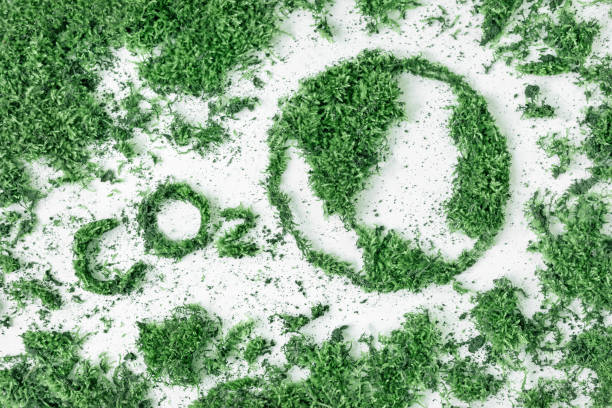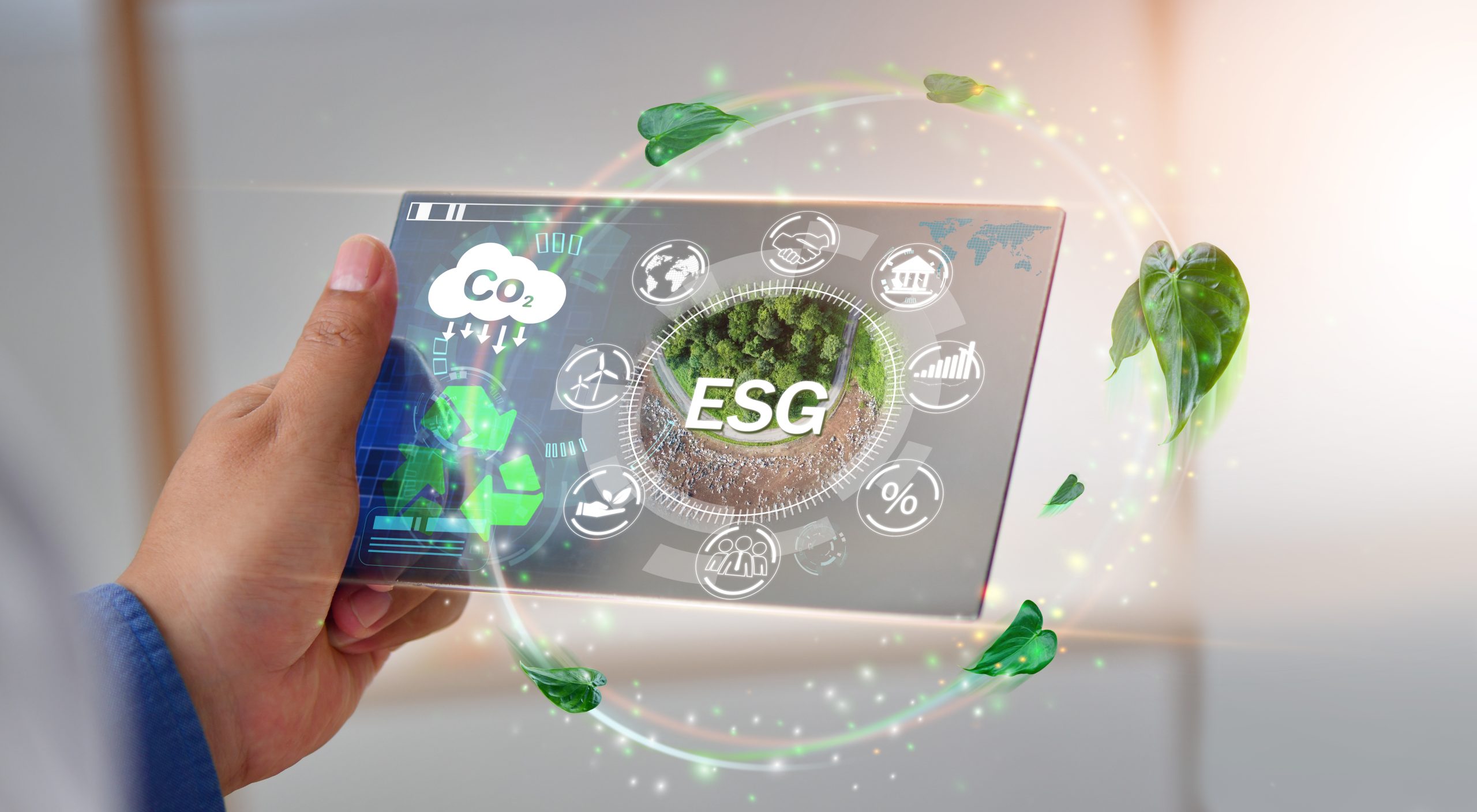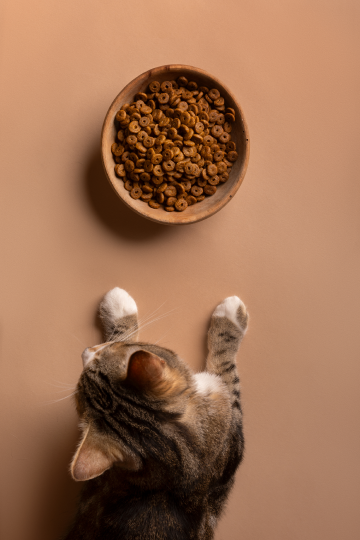Pet food testing is critical to ensure the safety, nutritional adequacy, and palatability of products intended for our beloved animal companions. It encompasses a range of evaluations, from ingredient analysis to microbiological testing, to guarantee that the food meets regulatory standards and provides essential nutrients for pets’ well-being. Rigorous testing protocols also assess factors like digestibility, shelf-life stability, and potential allergens, catering to various dietary needs and preferences of different species and breeds. Through meticulous examination and analysis, pet food testing plays a pivotal role in upholding the quality and trustworthiness of pet nutrition, promoting the health and happiness of our furry friends.
Our Goal
Pioneering Industry Standards Through Collaboration
We are proud to announce our collaboration with DLG (German Agricultural Society), setting new industry standards. As a global leader in agricultural technology and quality certification, DLG will partner closely with us to elevate quality, sustainability, and innovation in the agricultural and food industries.
This collaboration merges CMA’s advanced technology with DLG’s expertise in pet food services, driving progress within the sector. Together, we will develop innovative solutions to address industry challenges, enhance product quality and efficiency, and achieve sustainability goals.
DLG’s authority and reputation in global agricultural technology and quality certification lend credibility to our partnership. We believe this collaboration will empower us to deliver superior products and services to our customers while propelling industry advancement.
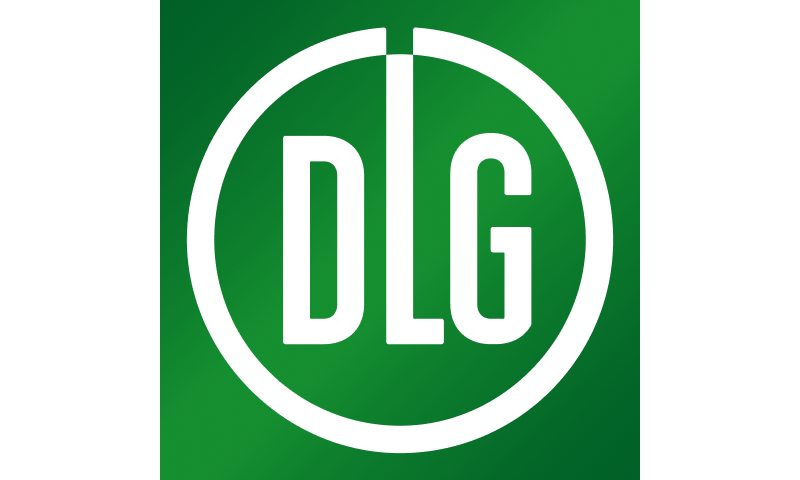
DLG Benefits
Professional certificate
- Evaluated by experts approved by DLG
- Scientific and objective product testing according to internationally recognized testing methods
- Laboratory testing
- Meticulous and professional packaging and labeling tests
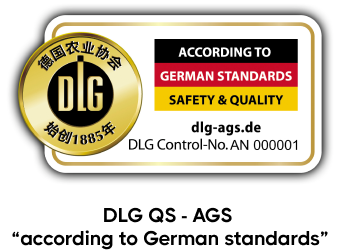
Industry well-known and recognition
- Obtain the most prestigious and recognized DLG medal in Germany
- Positive willingness to buy products with seals (up to + 10 %)
- Acceptance of higher prices for products with seals (up to + 8 %)
- Offers attractive special awards, marketing, and communications services
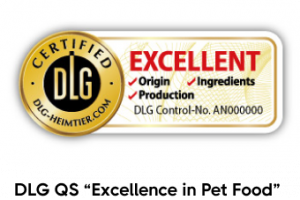
If you have any questions about DLG certification, please feel free to contact:
o.wehrstedt@dlg.org
Our services

Testing Criteria
Food products labeled with the certified mark of German standards have undergone comprehensive quality control by the German Agricultural Society Testing Service Center.
In order to obtain this certification mark, the German Agricultural Society Testing Service Center has developed standardized certification and testing methods, which are based on strict German quality standards and include the following two steps.
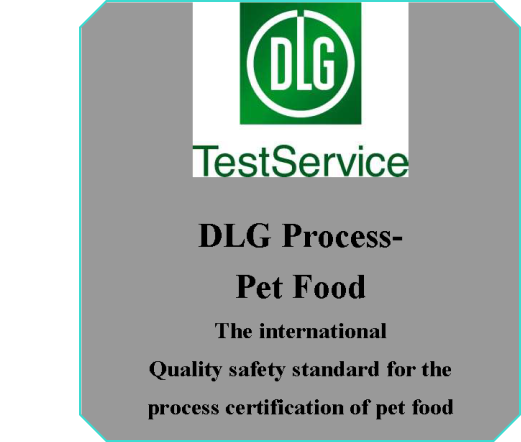
Step 1: Certification of the manufacturing process with an audit
- Inspection of all production sites involved in the manufacturing process
- Quality standards defined by the experts of DLG(sustainability, best practices, social responsibility)
- Transparency, safety, and traceability of the production
- Sensory evaluation and analytical checks in the course of the manufacturing process (vastly raw materials)
Evaluation & Assessment Scheme of the criteria
| A. General requirements on the company | B. Raw-materials management |
| 1. Company prerequisites and objectives 2. Management and employees 3. Fair dealings and social responsibility 4. Customer support 5. Traceability and documentation requirements 6. Working environment 7. HACCP 8. Wastewater and waste | 1. Procurement of raw materials 2. Analytical monitoring 3. Records 4. Warehousing (raw materials, treatment a., cleaning agents, finished products) |
| C. Core process – manufacturing/production | D. Core process – declaration and dispatch |
| 1. Manufacture of pet food 2. Requirements on facilities, machines, and apparatus 3. Quality assurance |
Step 2: Checking of the food product: Lab testing, Declaration control
- Up-to-date scientific test criteria based on the Fediaf testing scheme
- Analytical tests by experts (CMA-Testing Shenzhen YuBiao)
- Evaluation of the food products by using neutralized samples, hiding the manufacturer’s identity
- Product-specific laboratory tests, such as authenticity checks and residue analysis
Test parameters required by Animonda for a full test of pet feed produced in China
| Test Parameters A | Test Parameters B | ||
| Test item | Test method | Test item | Test method |
| PH Value | GB/T 5009.237-2016 | Vitamin B1 | GB 5009.84-2016 |
| Crude Protein | GB/T 6432-2018 | Vitamin D | In-house method |
| Crude Fat | GB/T 6433-2006 | Vitamin E | GB/T 17812-2008 |
| Crude Fiber | GB/T 6434-2006 | Vitamin A | GB/T 17817-2010 |
| Crude Ash | GB/T 6438-2007 | Vitamin B2 | GB/T 5009.85-2016 |
| Crude Water | GB/T 6435-2014 | Vitamin B12 | In-house method |
| Calcium | GB/T 6436-2018 | Vitamin B6 | GB 5009.154-2016 |
| Total Phosphorus | GB/T 6437-2018 | Niacin | GB 5009.89-2016 |
| Sulfur | GB/T 17776-2016 | Pantothenic acid | GB 5009.210-2016 |
| Copper, Manganese, Zinc, Magnesium, Iron, Sodium, Potassium | GB/T 13885-2017 | Folic Acid | In-house method |
| Chloride | GB/T 6439-2007 | Choline | GB 5413.20-2013 |
| Iodine | In-house method | Vitamin C | GB/T 17816-1999 |
| Selenium | GB/T 13883-2008 | Biotin | In-house method |
| Taurine | MoA Bulletin No. 2483 -5-2016 | ||
| Lysine | GB/T 18246-2019 | ||
| Linoleic Acid | GB 5009.168-2016 | ||
| Arachidonic Acid | GB 5009.168-2016 | ||
| EPA | GB 5009.168-2016 |
| Test Parameters C | Test Parameters D | ||
| Test item | Test method | Test item | Test method |
| Fatty Acid Spectrum (DHA) | GB 5009.168-2016 | Cadmium | GB/T 13082-1991 |
| Fatty Acid (O3) | GB 5009.168-2016 | Mercury | GB/T 13081-2006 |
| Fatty Acid (O6) | GB 5009.168-2016 | Lead | GB/T 13080-2018 |
| Arginine, Histidine, Aminocaproic acid, Leucine, Proline, Methionine, Cysteine, Phenylalanine, Tyrosine, Serine, Threonine, Tryptophane, Valine, Glutamic Acid, Alanine, Aspartic Acid | GB/T 18246-2019 | Arsenic | GB/T 13079-2006 |
| Melamine | NY/T 1372-2007 | ||
| Aflatoxin B1 | NY/T 2071-2011 | ||
| Salmonella | GB/T 13091-2018 | ||
| Microorganisms | GB/T 4789.26-2013 | ||
| Clostridium Botulinum | GB 4789.12-2016 | ||
| Enterobacteriaceae | GB 4789.41-2016 | ||
| Total Plate Count | GB/T 13093-2006 | ||
| Energy MJ | per MoA Dec. No. 20 | ||
| Energy Kcal. | per MoA Dec. No. 20 |

